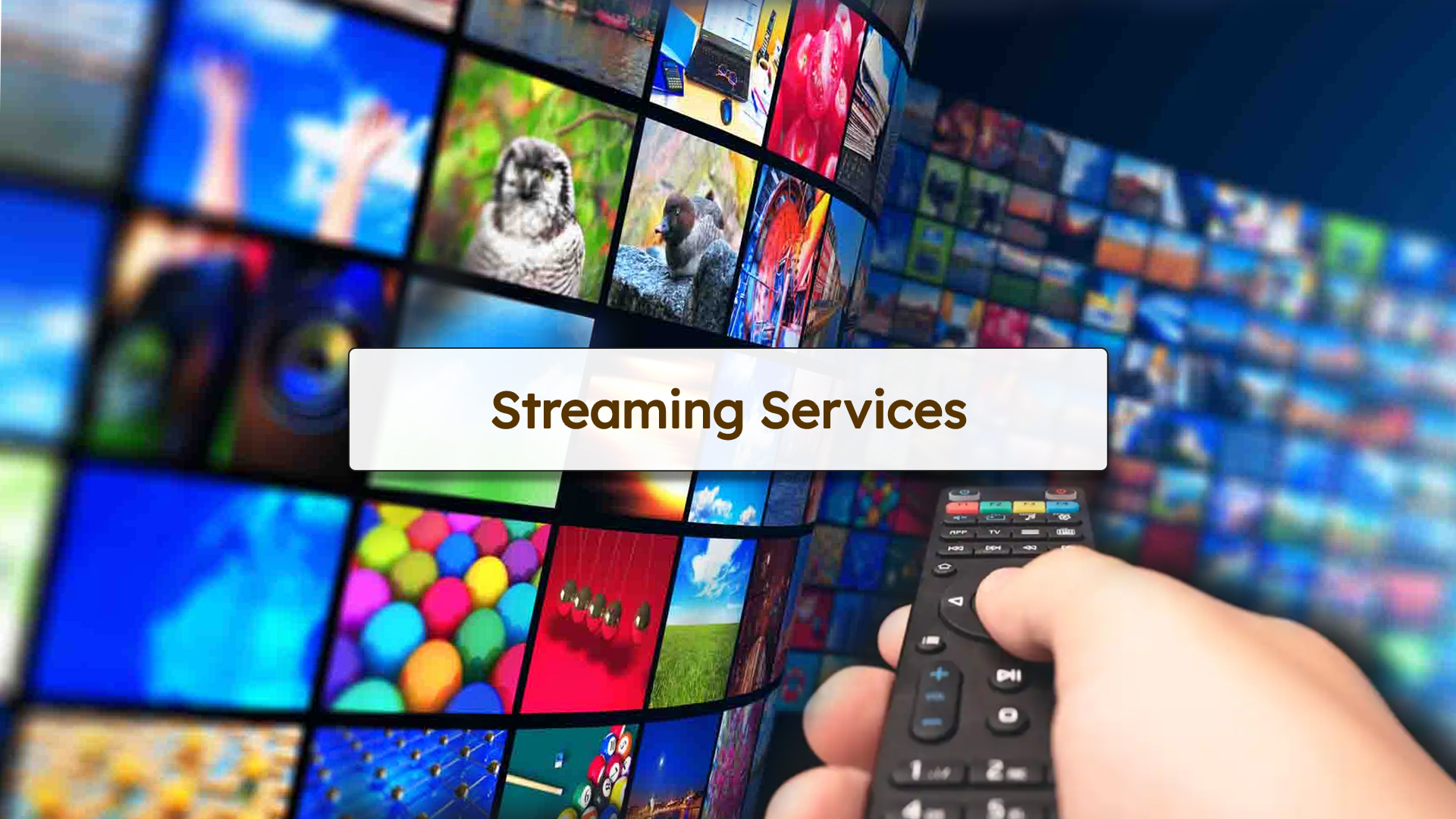The entertainment industry has undergone a massive transformation over the past decade, largely driven by the rise of streaming services. Platforms like Netflix, Disney+, Hulu, Amazon Prime Video, and HBO Max have reshaped how audiences consume content, impacting traditional cable TV, film production, and even the way artists and creators approach their work.
The Decline of Traditional Cable
One of the most noticeable effects of streaming services is the decline of traditional cable television. As more consumers opt for on-demand streaming, cable subscriptions have plummeted. People prefer the flexibility of choosing what to watch, when to watch it, and without commercials interrupting their experience. This shift has forced major cable networks to rethink their strategies, with many launching their own streaming platforms to stay relevant.
Revolutionizing Content Production
Streaming services have also changed the way content is produced. Unlike traditional studios, which rely on box office sales or advertising revenue, streaming platforms generate income through subscriptions. This model allows for greater investment in original programming, leading to a surge in high-quality shows and films. Platforms like Netflix and Amazon Prime have become known for their big-budget productions, often rivaling traditional Hollywood studios.
Additionally, streaming platforms leverage data analytics to understand viewer preferences, which helps in producing content that is more likely to resonate with audiences. This data-driven approach allows for more niche storytelling, bringing diverse voices and unique narratives to the forefront.
The Impact on Theaters and Film Releases
The movie industry has also felt the effects of streaming, particularly in the wake of the COVID-19 pandemic. Studios have increasingly opted to release films directly on streaming platforms, sometimes bypassing theaters entirely. While this provides convenience for viewers, it has raised concerns among theater chains about the future of cinema. Hybrid release models, where films premiere both in theaters and on streaming services simultaneously, are becoming more common.
Changing How Artists Get Discovered
Beyond movies and TV shows, streaming has revolutionized the music industry and content creation. Platforms like Spotify, Apple Music, and YouTube allow independent artists to reach global audiences without needing a traditional record label. Similarly, video streaming services like Twitch and TikTok have given rise to new forms of entertainment, from live gaming to short-form content, creating opportunities for aspiring creators to gain fame and monetize their work.
The Future of Streaming and Entertainment
As technology continues to evolve, so will the streaming industry. The rise of interactive content, virtual reality (VR) experiences, and AI-driven recommendations are likely to shape the future of entertainment. Additionally, the increasing competition among streaming platforms may lead to more partnerships, mergers, and innovative pricing strategies.
Ultimately, streaming services have democratized entertainment, offering consumers more choices than ever before while challenging traditional industry norms. Whether this shift is entirely beneficial or comes with drawbacks, one thing is clear: the way we consume entertainment will never be the same again.


